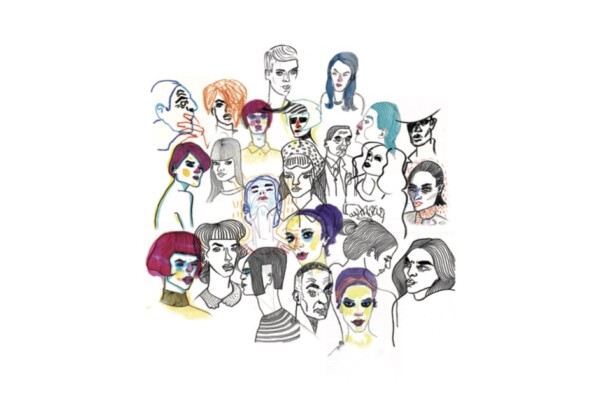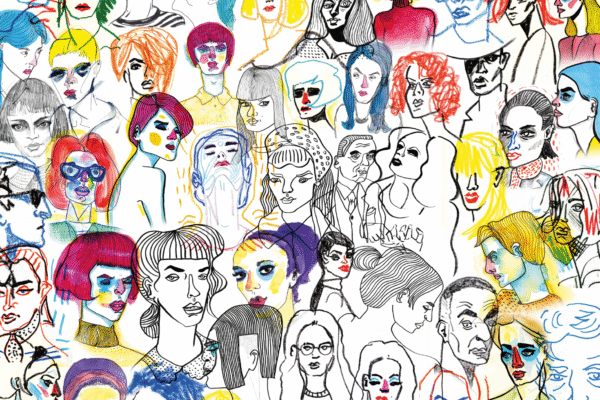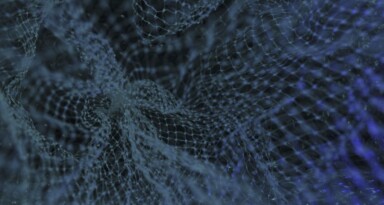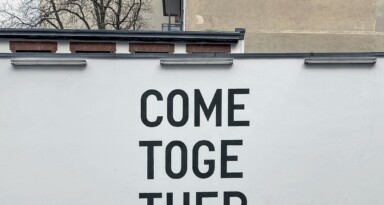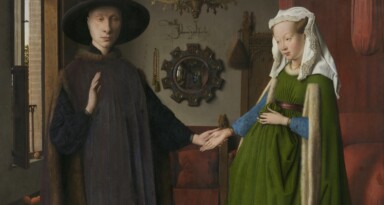“In nature everything is connected, everything is interwoven, everything changes with everything, everything merges from one into another.”
– Gotthold Lessing
In an age defined by digital immediacy and physical distance, the question of how we connect, and what it means to us, seems more relevant than ever. We text more than we talk; scroll more than we see; ‘lol’ more than we laugh. Despite our fragmented experiences, the human need to belong – to be part of something greater than our own existence – nags at us; urges us to make an effort to form meaningful, enduring connections.
But connection is not merely emotional or social; it is the cornerstone of how we understand ourselves and the world around us. Aristotle touched on this when he wrote in Politics, “He who is unable to live in society, or who has no need because he is sufficient for himself, must be either a beast or a god.” For Aristotle, relationships were key, be they friendships of pleasure, utility, or virtue.
It is through relationships that meaning, value, and identity emerges; we become whole through our connections with others. Alone, we are little more than a jumble of atoms, vibrating aimlessly; together, we are connected. As the environmentalist Rachel Carson put it so well: “We are reminded that in nature nothing exists alone.”
In the end, however, connection runs far deeper than friendship. True connection is not simply about being linked – one person to another, one experience at a time – but rather recognising that we are connected to all that is around us, and to the beginning and the end: to all those in the long line that came before us, and all those yet to come.
Zan Boag, Editor-in-Chief
